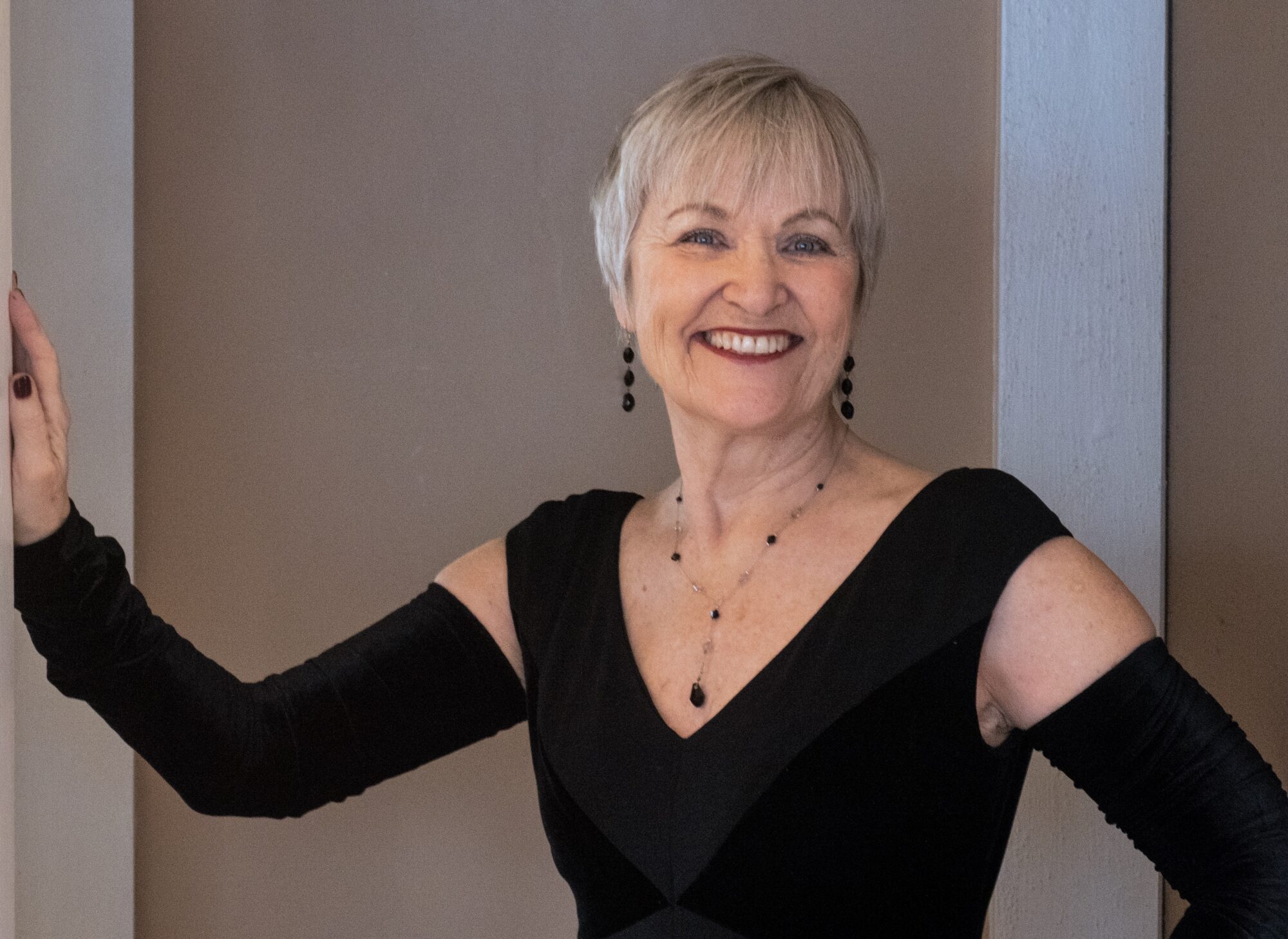Say “Brazil” to most Americans and their first thought is “Rio”, along with “Ipanema” and “bossa nova”, but it is all of that and so much more.
I recently travelled to the northeast coast of Brazil and headed straight for the cultural wellspring of Salvador (Brazil’s first capital), where the banners of the city’s old Pelourino district boast “Musica Dia e Noite”.
Live music pours from every square and marketplace, at times creating a glorious cacophony with an omnipresent drumbeat. Strolling within a 4 block radius one can hear everything from bossa nova, classical and folk to upbeat dance music like “forro” and “axe” (a combination of African percussion and Caribbean reggae rhythms).
A street party happens every Tuesday night. The event is preceded by a church service where the choir is comprised of 6 singers and 5 drummers. Afterward, bread is handed out to the poor and so begins Carnival. Several “blocos” (bands from neighborhood samba schools) parade through the cobblestone streets followed by hoards of revelling turistas and natives dancing close behind.
One evening I enjoyed the phenomenal group “Didi”, an all female pop-samba band whose ages ranged from about 5 to 15 years. Those girls had great choreographies and went all out, at times contorting themselves and dancing wildly on the frames of the larger drums.
Perhaps the most moving musical experience for me was the night that Olodum, one of Brazil’s most popular carnival bands, celebrated 25 years with a concert in the main square. About 30 young drummers beat out polyrhythms while various solo singers or rappers exchanged lines with the audience in a call and response. While basking in a “sea of Baianos” singing and dancing their hearts out, I observed their compelling fluidity of movement, particularly in the torso and hips, and I knew I wasn’t in Kansas anymore.
Eighty percent of Salvadorans are of Afro-Brazilian descent, a legacy of the slave trade that started in the mid-1500’s, when sugarcane plantations began permeating the area. This African influence is reflected in the local music scene and can be heard in the folk and samba bands who proudly preserve their black heritage.
“Candomble” is another cultural practice that is an important part of community life in Salvador. It is rooted in a West African religion that involves orixas (gods and goddesses) along with singing, dancing and drumming. “Capoeira”, a Brazilian martial art that evolved from fighting rituals brought by slaves from what is now Angola, is also extremely popular in Salvador. It traditionally uses drums and “berimbau” (a banjo-like instrument with a metallic drone) as accompaniment.
If you go to Salvador, keep your eyes and ears wide open. With its unmistakable African flavor, the city is a celebration of Brazil’s rich history.
Coming soon:
Impressions of Rio and Sao Paulo

 -->
-->